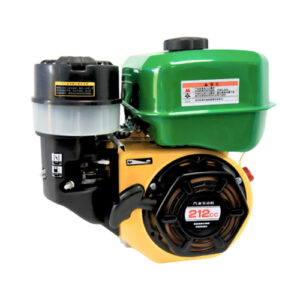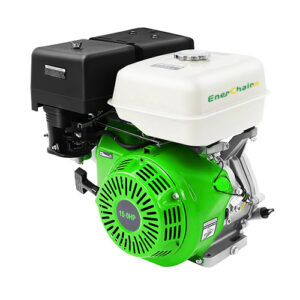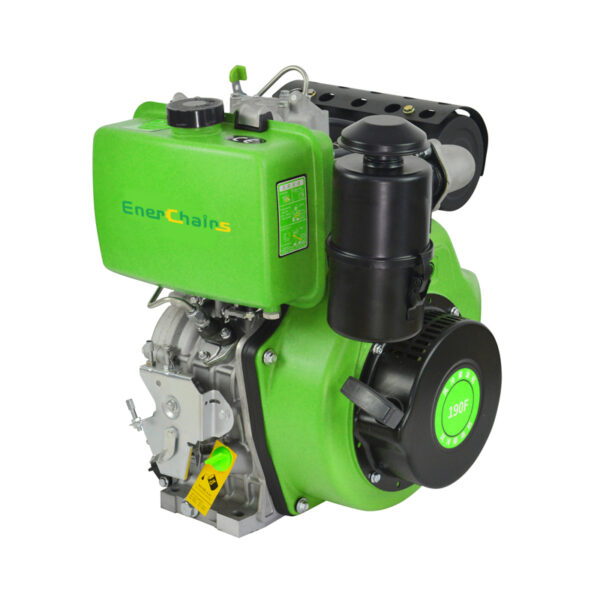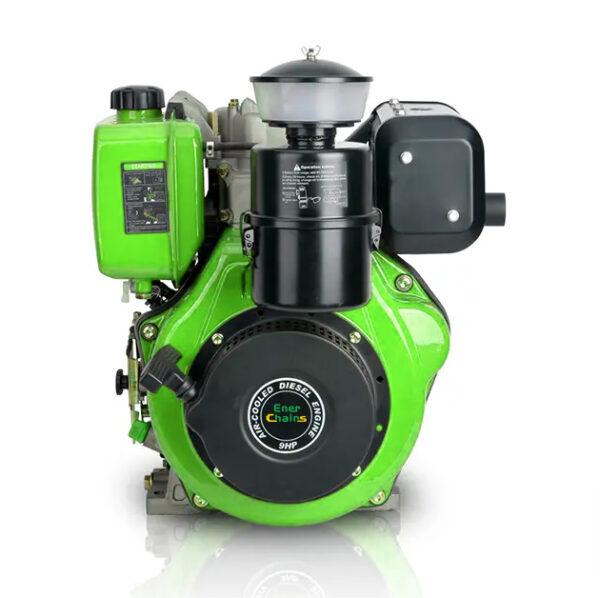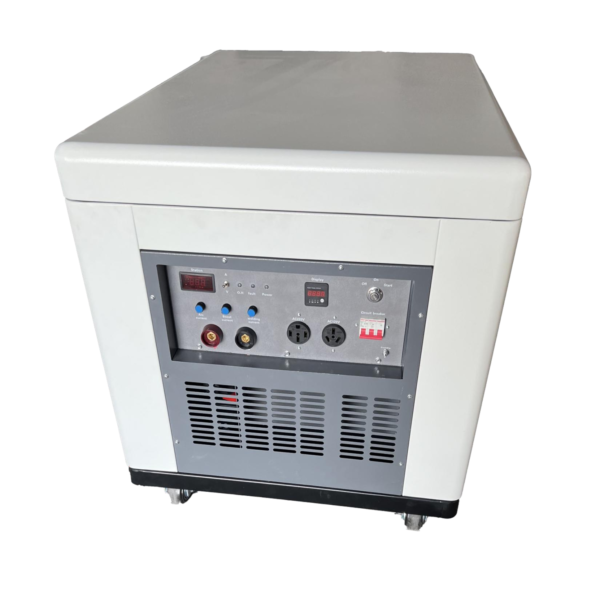In the world of automotive engines, gasoline and diesel fuel are designed for very specific types of engines. But what if the wrong fuel is accidentally used? One common mistake drivers make is putting gasoline into a diesel engine, or vice versa. This article will explain what happens when gasoline is put into a diesel engine, and vice versa, and the potential consequences of such errors.
1. What Happens When You Put Gasoline in a Diesel Engine?
Diesel engines rely on compression to ignite the fuel. Diesel fuel is less volatile than gasoline, which means it is designed to be injected into the combustion chamber at a higher pressure and ignited by the engine’s high compression. If gasoline is introduced into a diesel engine, it causes significant issues due to its different combustion properties.
Consequences of Gasoline in a Diesel Engine:
- Loss of Lubrication: Diesel fuel has lubricating properties, which help keep the engine’s internal parts moving smoothly. Gasoline, on the other hand, has very little lubrication. When gasoline is used in a diesel engine, it can cause a lack of lubrication, leading to increased friction, potential wear, and even engine damage.
- Detonation and Misfiring: Gasoline ignites at a lower temperature than diesel, which can cause the engine to detonate prematurely. This could lead to knocking, misfires, and rough running, which in turn could damage critical components like pistons and the crankshaft.
- Fuel System Damage: Diesel fuel systems are designed to handle the higher viscosity and lubricating properties of diesel. Gasoline can damage the fuel pump, injectors, and other fuel system components due to its thinner consistency and lack of lubrication.
- Potential Engine Failure: If gasoline is mixed with diesel in a significant quantity, it could result in total engine failure. Repairing the damage may require replacing major engine components, such as the fuel system and the injectors.
2. What Happens When You Put Diesel in a Gasoline Engine?
Although diesel engines and gasoline engines are quite different, putting diesel fuel in a gasoline engine can also lead to serious consequences. Gasoline engines rely on spark plugs to ignite the fuel-air mixture, and diesel is not designed for this type of ignition system.
Consequences of Diesel in a Gasoline Engine:
- Clogging and Poor Combustion: Diesel fuel is thicker and heavier than gasoline, which can cause clogging in the fuel injectors and fuel lines of a gasoline engine. Diesel fuel also burns at a different temperature and will not combust properly in a gasoline engine, causing the engine to run poorly or not start at all.
- Fuel System Damage: Gasoline engines are designed for lighter, less viscous fuels. Diesel fuel can damage components such as the fuel injectors, fuel lines, and fuel pump because of its thicker consistency.
- Smoke and Engine Stalls: If the engine does start, you may notice heavy smoke, rough running, and eventually stalling. Diesel fuel is not designed to be ignited by spark plugs, so the combustion process may be incomplete, leading to poor performance.
- Potential Long-Term Damage: If diesel is left in the fuel system for a prolonged period before being corrected, it can lead to lasting damage, including corrosion and blockages in the fuel system, which may require expensive repairs.
3. What to Do if You Accidentally Use the Wrong Fuel?
If you accidentally put gasoline in a diesel engine, or vice versa, here’s what you should do:
- Do Not Start the Engine: Starting the engine can circulate the incorrect fuel through the system and cause more damage. It’s best to stop the vehicle and avoid turning the ignition on.
- Tow the Vehicle to a Mechanic: The next step is to have the vehicle towed to a qualified mechanic or service center. They will need to drain the incorrect fuel from the tank and clean out the fuel system to prevent damage.
- Flush the Fuel System: The mechanic will flush the fuel lines, fuel pump, and injectors to remove any traces of the incorrect fuel. Depending on the severity of the contamination, some components may need to be replaced.
- Check for Engine Damage: Once the correct fuel has been introduced and the system is cleaned, the mechanic will check the engine for any signs of damage caused by the wrong fuel. Early detection can help prevent serious long-term damage.
4. Preventing the Mistake
To avoid putting the wrong fuel in your vehicle, here are a few tips:
- Always Double-Check: Before refueling, always check the fuel cap and make sure you’re using the correct fuel type.
- Use Different Nozzle Sizes: Many service stations now have differently sized nozzles for diesel and gasoline pumps, so it’s physically impossible to fit the wrong nozzle into the tank.
- Labeling and Color-Coding: Some drivers use labels or colored stickers on their fuel caps or tanks to remind themselves which type of fuel is required for their vehicle.
Conclusion
Both putting gasoline in a diesel engine and putting diesel in a gasoline engine can cause significant damage to your vehicle’s engine and fuel system. If such a mistake happens, it’s crucial not to start the engine and to have the vehicle towed to a mechanic for proper cleaning and inspection. Prevention is key—double-check the fuel type and be cautious when refueling to avoid costly mistakes.
By understanding the differences between gasoline and diesel fuels, you can take steps to protect your engine and ensure smooth operation for years to come.


